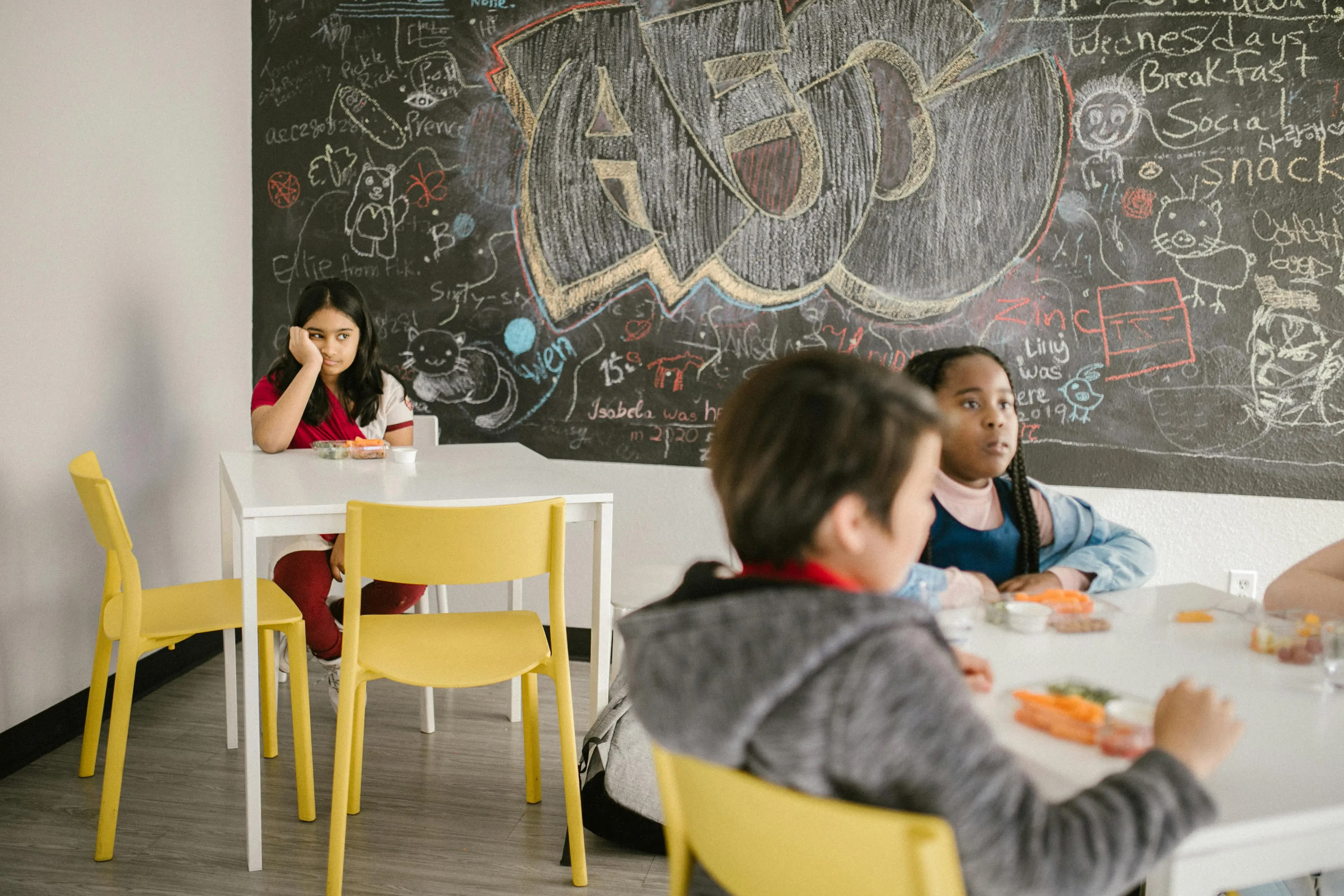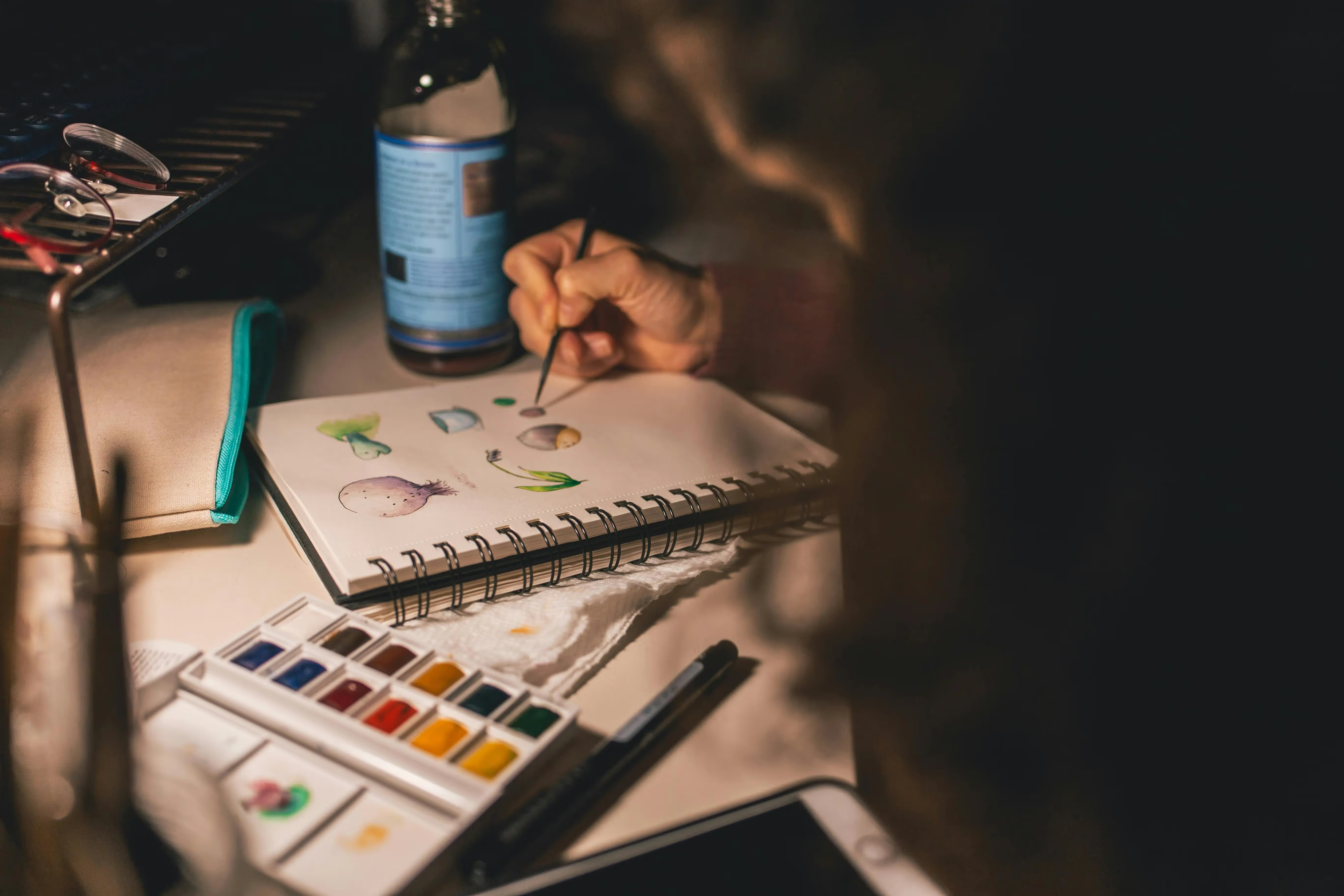In recent years, world events like the COVID-19 pandemic and movements for racial justice have exposed systemic inequalities and brought suffering to the forefront of our collective consciousness. This has prompted many to consider how forces beyond the individual psyche impact mental health.
On a recent episode of The Relational Psych Podcast, host Tyson Connor spoke with psychoanalyst Karen Weisbard about the concept of the "social unconscious" and its implications for healing.

Defining the Social Unconscious
The "social unconscious" refers to the cultural norms and ideologies that unconsciously shape our identities and worldviews. As Weisbard explains, it is "unconscious forces on our identity, and it exerts a pressure to internalize cultural norms, and ideologies. And those cultural forces sort of take over our unconscious processes in this form of what we can and cannot know."
In other words, there are aspects of society and culture that influence us in subtle, unspoken ways outside of our awareness. The social unconscious determines not only what we know, but also what we cannot know due to social conditioning.
For example, Weisbard describes how therapists often make assumptions about a client's race, gender or sexual orientation without ever asking or considering how those identities impact the issues they're facing. The social unconscious allows clinicians to remain oblivious to forces of systemic oppression affecting clients.
Challenging the Individualistic Paradigm
A major effect of the social unconscious is propagating an individualistic view of mental health. As Weisbard states, "It exerts its influence without us seeing it or knowing it. And it kind of allows us to not know, certain things," especially surrounding social hierarchies related to gender, race and class.
This promotes a mentality that our successes and failures reside solely within us as individuals. Weisbard points out how relieving it can be for people to recognize that "it must be me, it's my problem, I must try to fix it myself, it's up to the individual," is actually a social construction.
By considering how cultural forces shape our behaviors, beliefs and suffering - both individually and collectively - we can reduce self-blame and isolation. Weisbard emphasizes that, "we're all in this together. And so that changed a lot of how I, you know, would typically practice because I would think it's the person coming in with their questions and their concerns. But now we were all there with the same questions and the same concerns."
Navigating Vulnerability
Incorporating the social dimension into mental healthcare also requires greater vulnerability. Connor observes that when core belief systems are challenged, it can feel deeply threatening. As Weisbard responds, “What’s going on, because there’s some threat, I believe, to the self, to some position of identity or some subjectivity position. That that has to not be true.”
By meeting defensiveness with curiosity and compassion, therapists can guide clients to examine why certain perspectives feel so vital to their sense of self. According to Weisbard, this allows people to develop “a much more broader sense of self” beyond simplistic good/bad dichotomies.
She explains that when we can “tolerate that sense of, we're not just good/bad, we harm others. And that's part of our subjectivity...that actually would expand my sense of subjective self. Because now I'm no longer tied to just good/bad.”
Holding Paradoxes
At the same time, Weisbard emphasizes that acknowledging our participation in unjust systems does not negate our desire for goodness. While facing difficult truths can lead to hopelessness and depression, she believes that “if we can try to have compassion, for we're sort of wrestling with a lot...then we also have much more compassion and less heat around these issues. Because we're like, oh, my god, we're also vulnerable.”
Fundamentally, the social unconscious framework requires holding many paradoxes in tension. As Connor states, “Accepting the reality of a social unconscious, also requires accepting your own ongoing participation in those harmful things. We all walk around with biases, right? But it's another thing to say - and we all walk around actively participating in these patterns and systems that continue to perpetuate harm against people that we care about and want to help heal.”
Yet this painful awareness is part of the process of growth and integration. Just as shutting down uncomfortable emotions only breeds dysfunction on an individual level, avoiding societal wounds prevents true healing.
While grappling with the social unconscious introduces challenging terrain, Weisbard remains hopeful about the potential for change through relationship. She concludes, “I believe psychoanalysis has the power to change the world. And I sort of feel like we can bring these understandings into all kinds of communal and community settings.”
Human beings innately seek connection. By cultivating understanding across lines of difference, perhaps we can move toward a more just, equitable and compassionate society. Our collective awareness starts with each of us.
Common Questions
What is the social unconscious?
The social unconscious refers to the unspoken cultural norms, ideologies, hierarchies, and assumptions that shape our identities and beliefs without us realizing them. It influences our behaviors and psychology on an unconscious level.
How does the social unconscious affect mental health?
The social unconscious promotes an individualistic view of mental health issues. It allows people to remain oblivious to systemic inequalities related to race, gender, class, etc., that may be impacting a client's distress. Awareness of the social unconscious helps reduce self-blame and isolation.
Why is the social unconscious concept important for therapists?
It challenges therapists to consider how cultural forces shape clients' problems beyond just individual pathology. It allows them to see how their own assumptions may be limiting their work. It promotes curiosity about clients' vulnerabilities tied to identity and social status.
What vulnerabilities does it bring up?
Examining the social unconscious requires a lot of openness and vulnerability from both clients and therapists. Core beliefs and defensiveness may arise when social norms are questioned. Therapists must guide clients with compassion through these challenging paradoxes.
How can this concept help heal society?
Though painful, acknowledging society's wounds is part of the healing process. The social unconscious framework fosters understanding across differences and helps people see how we are all interconnected. This can gradually transform relationships and communities.





